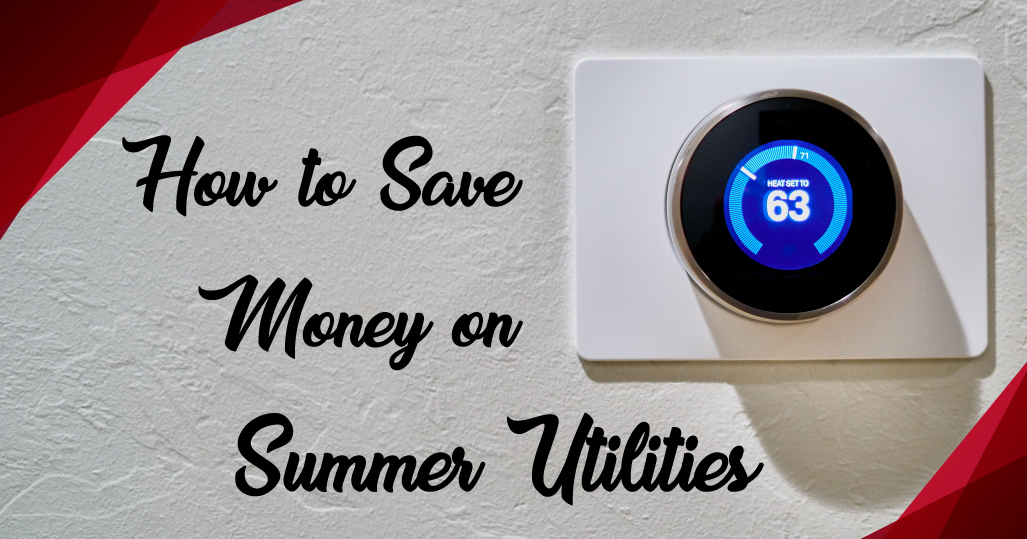Schools are closed, the pool is open and the sun is out – signs that summer has officially arrived! While the temperatures are climbing, so is the cost to cool down your home during the summer months. The U.S. Energy Information Administration predicts that the typical U.S. residential household will consume about 3,080 kilowatt hours of electricity this summer and if you’re a Tennessee resident, your bill might clock in around $129 per month, which ranks as the 7th highest in the country, according to USA Today. Don’t let summer bills give you the blues, here are a few tips to make cutting down on your utility bill a breeze:
- Think About the Thermostat: Now, this doesn’t mean you have to sweat through your clothes all summer, but be mindful of setting your home to refrigerator-level temperatures 24/7. Adjust your thermostat up to a comfortable 72 degrees when you are asleep or away from the house, giving your system a small break from non-stop cooling. These small adjustments can equal big savings.
- Dry Differently: Not only do dryers put out a lot of heat, they use major amounts of energy! Keep cool and cost-effective this summer by air drying your clothes as much as possible. Hang a line outside or pick up a collapsible drying rack that folds up for easy storage. If you must machine-dry, make sure you’re consistently cleaning out the lint trap after each use to ensure proper airflow and quicker drying times.
- Take Shorter Showers: Spend more time playing outside and laying at the pool, instead of relaxing in a hot shower. Cutting your scrubbing time by just 2 minutes can save more than 10 gallons of water per year, according to NerdWallet.
- Become a Fan of Fans: Don’t discount these hardworking electronics as an additional source to cool your home. Fans use less energy than heating and cooling systems and can be used to cool down a room quickly, so your thermostat doesn’t have to work as hard (and charge you more money).
- Light Right: While turning off the lights when you aren’t home is important, the type of lightbulb you use is just as important to keeping electricity costs low. Switching to Energy-Star-certified light bulbs will help you decrease your energy exporting and save you between $30 – $80 per bulb, according to Energy Star.gov.






